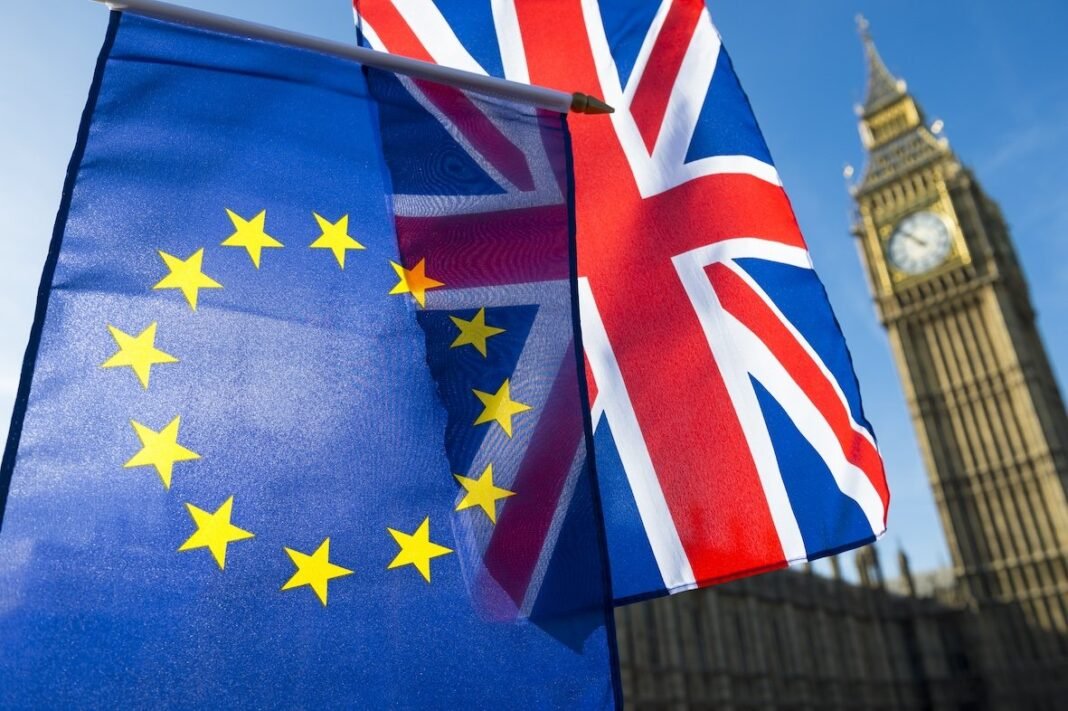Some of Britain’s largest food producers and retailers have come together to urge the European Union to reduce post-Brexit checks on food and drink products crossing the Channel and the Irish Sea. The businesses argue that the current system is burdened with excessive bureaucracy, which is adding billions to industry costs and limiting product availability.
Ahead of a key summit scheduled for 19 May—seen as a chance to “reset” UK-EU trade relations five years after Brexit—more than a dozen major companies, including household names like Marks & Spencer, Sainsbury’s, Asda, and Morrisons, have called for a deal on sanitary and phytosanitary (SPS) checks. They are pushing for a veterinary agreement that would either harmonise food safety rules or allow for mutual recognition of standards.
In a joint letter to the EU commissioner for trade and economic security, the 13 companies stated that red tape introduced since Brexit has added an estimated £2 billion in costs. Other signatories include Lidl, Ocado, sandwich manufacturers such as Greencore and Samworth Brothers, and major meat processors like Cranswick and 2 Sisters.
The letter pointed out that the current rules make it harder to supply a full range of food and drink products to both UK and international markets at competitive prices. The companies said they were willing to contribute “hands-on efforts to overcome practical obstacles” and described the current moment as ideal for reinforcing economic ties between the UK and the EU.
This collective call comes amid wider efforts to reframe the UK’s relationship with the EU while also seeking to finalise a trade agreement with the United States—something that could be complicated by any steps toward aligning UK regulations with EU standards.
The Labour government has committed to pursuing a veterinary agreement with the EU as part of its wider trade policy. Such an agreement would reduce or eliminate the need for complex export health certificates, which currently require specialised staff and can delay shipments waiting on paperwork.
Retailers and suppliers working across the Irish Sea are also feeling the strain from the Windsor Framework, which requires products moving into Northern Ireland to be labelled “not for EU.” This has introduced further complications and costs, with unintended consequences—such as when custard was reclassified from a composite product to a dairy product, resulting in it being temporarily removed from store shelves in parts of Ireland and Northern Ireland due to licensing and check requirements.
There are signs that the UK government is now more open to limited regulatory alignment with the EU, particularly around fresh meat and dairy standards, to smooth trade flows. However, such a move could have implications for ongoing negotiations with the US, especially given concerns around food safety and standards.
Recent figures from the food and drink sector reveal the scale of the impact since Brexit. Exports of food to the EU have fallen by 34% compared with 2019 levels, before the UK formally left the bloc. Meanwhile, imports of EU food and drink into the UK have risen slightly, up by 3.3% last year, aided by the UK government’s continued delay in introducing full checks amid fears of triggering further inflation.
Although trade rules are intended in part to prevent the spread of disease, they are also proving disruptive. The UK recently imposed a ban on meat and dairy imports from certain parts of Europe to stop the spread of foot-and-mouth disease after an uptick in cases across the continent.
As pressure builds from within the industry, attention now turns to the upcoming summit in May, where both sides may have a fresh opportunity to streamline trade and reduce the economic strain of post-Brexit red tape.
For more business news updates, follow London Pulse News.


